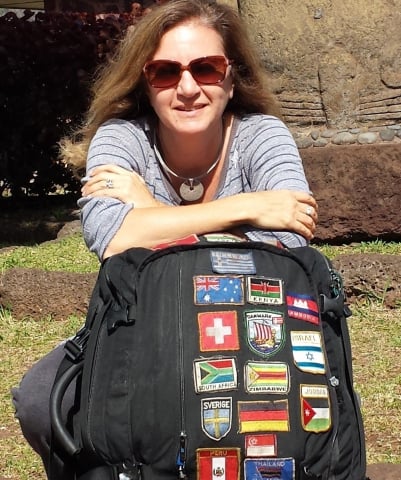
10 years
The “Book on Google” initiative initially comes through a partnership with Sabre, which is running a beta in North America, allowing its hotel partners to choose to pay commissions to Google and Sabre for credit card transactions that Google handles right on Google platforms.
Alternately, hotels can continue to pay for clicks instead of paying commissions to Google through Google Hotel Ads. The latter program now offers both commission and cost-per click payment programs.
…
For hotels, the commission program means they are likely to get more conversions from Google when travelers book directly in Google Search, Google+ or Google Maps because consumers aren’t getting lost in the handoff from Google to the hotel website. On the other hand, hotels in this scenario must share revenue with Google and Sabre, and may choose instead to focus on attracting direct bookings of their own instead of going the revenue-share route.
The Book on Google system is set up with Sabre, one of the Global Distribution Systems. I don’t know of any hostels using the GDS to distribute their inventory, so we’re not likely to be included in this just yet. It’s probably only a matter of time before Google starts including OTAs as well though.
OTAs (specifically Expedia and Priceline) spend a huge amount of money on advertising through Google. If Google starts keeping those bookings for themselves, they’re bound to lose the advertising dollars. Taking inventory from the OTAs on the back end makes more sense because it keep the money flowing. On the other hand, if they start taking a cut directly from each reservation, then they may rake in much more than they lose. After all, the OTAs are paying for that advertising out of the commissions from confirmed bookings.
If OTAs do have to start splitting their commissions with Google, then you can bet the accommodation providers will be the ones footing the bill in the form of even higher commissions rather than the OTAs accepting less money per booking.


Log in to join discussion